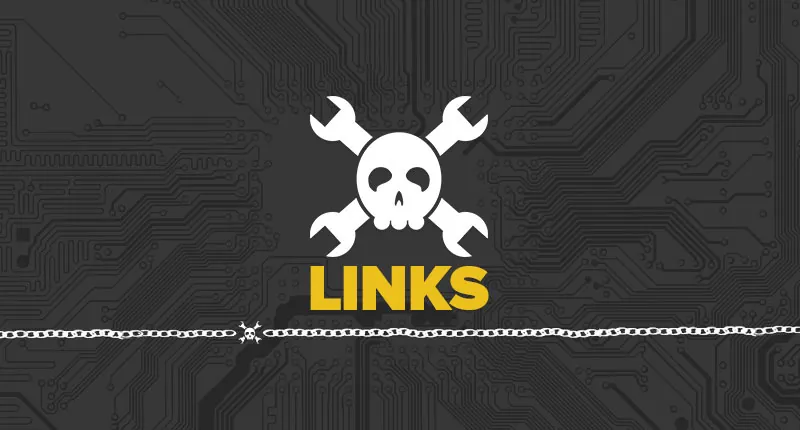
Unlocking the Path to Recovery: Winning the Battle Against Bulimia Nervosa
2025-07-04
Author: Liam
The Alarming Rise of Bulimia Nervosa
Bulimia nervosa is a growing concern, particularly among young women in industrialized nations. Research reveals that a staggering 10% of girls aged 14 to 25 struggle with some form of eating disorder—an alarming statistic that underscores the urgency to understand and combat these issues. But it’s not just the individuals affected; families are also deeply impacted, often grappling with confusion, tension, and frustration as they navigate this complex landscape.
Facing Misinformation: The Need for Accurate Knowledge
The prevalence of misleading information about bulimia exacerbates the problem, leading to confusion and perpetuating myths. Many misconceptions revolve around the causes of eating disorders, often simplistically attributed to family dynamics, a notion that is increasingly recognized as flawed. Instead, we must acknowledge a multifaceted origin that includes genetic, psychological, and environmental factors.
What Actually Causes Bulimia?
Bulimia stems from a combination of influences. Genetic predispositions, sociocultural dynamics that glorify thinness, low self-esteem, and emotional challenges all contribute to its onset. It often begins with restrictive dieting, quickly spiraling into binges followed by compensatory behaviors like purging or excessive exercise. It’s crucial to understand that bulimia is not a personal choice; it’s rooted in a complex interplay of factors and an urgent call for help.
Understanding the Layers of Bulimia: Predisposing, Precipitating, and Maintenance Factors
Predisposing factors—such as genetics and environmental pressures—set the stage for bulimia, while triggering elements like body dissatisfaction and life changes prompt its emergence. Factors that maintain the disorder, including fasting and societal reinforcement of weight-related comments, amplify the struggles faced by bulimic individuals.
Supporting Those Struggling with Bulimia
Understanding how to help someone with bulimia is crucial. Encourage them to seek professional evaluation without pressure to start treatment immediately. Many individuals battling bulimia harbor ambivalence about receiving help, often out of fear or shame. Addressing these feelings, offering unconditional support, and steering clear of judgment is key.
What NOT to Do When Supporting a Loved One
Avoid shaming comments, hostile reactions, or condescending attitudes. Negative remarks can exacerbate feelings of guilt and shame, driving individuals further into their disorder. Instead, approach them with empathy and patience, recognizing that recovery is a gradual process.
The Power of Professional Help
Treatment for bulimia has advanced significantly. Cognitive Behavioral Therapy (CBT) is the gold standard, supported by decades of empirical evidence. Recent adaptations like CBT-E (Enhanced Cognitive Behavioral Therapy) cater to a wider range of eating disorders and focus on personal triggers, providing a more tailored approach to recovery.
Addressing Trauma and Healing Holistically
Incorporating methods that address traumatic experiences can also play a pivotal role. EMDR therapy, for instance, has shown effectiveness in treating stress-related disorders, helping individuals to reframe their relationship with their bodies and food.
As we continue to learn about bulimia and eating disorders, the path to recovery lies in education, empathy, and the courage to seek and provide help. It’s time to break the stigma and open the door to healing.









 Brasil (PT)
Brasil (PT)
 Canada (EN)
Canada (EN)
 Chile (ES)
Chile (ES)
 Česko (CS)
Česko (CS)
 대한민국 (KO)
대한민국 (KO)
 España (ES)
España (ES)
 France (FR)
France (FR)
 Hong Kong (EN)
Hong Kong (EN)
 Italia (IT)
Italia (IT)
 日本 (JA)
日本 (JA)
 Magyarország (HU)
Magyarország (HU)
 Norge (NO)
Norge (NO)
 Polska (PL)
Polska (PL)
 Schweiz (DE)
Schweiz (DE)
 Singapore (EN)
Singapore (EN)
 Sverige (SV)
Sverige (SV)
 Suomi (FI)
Suomi (FI)
 Türkiye (TR)
Türkiye (TR)
 الإمارات العربية المتحدة (AR)
الإمارات العربية المتحدة (AR)